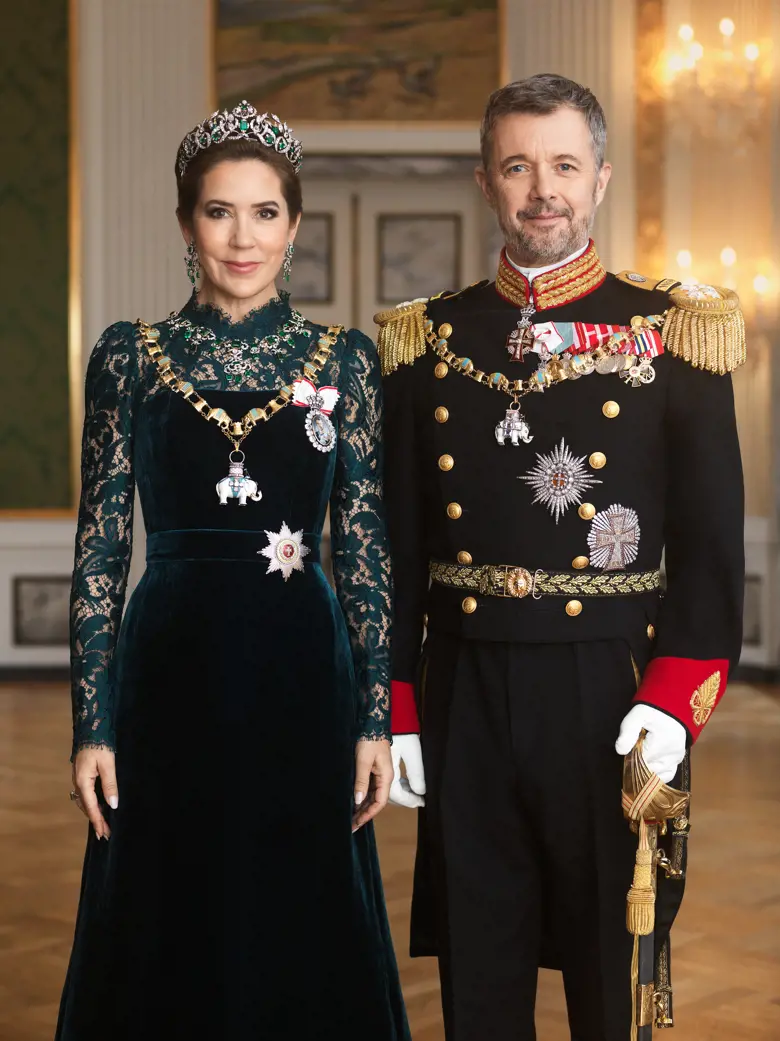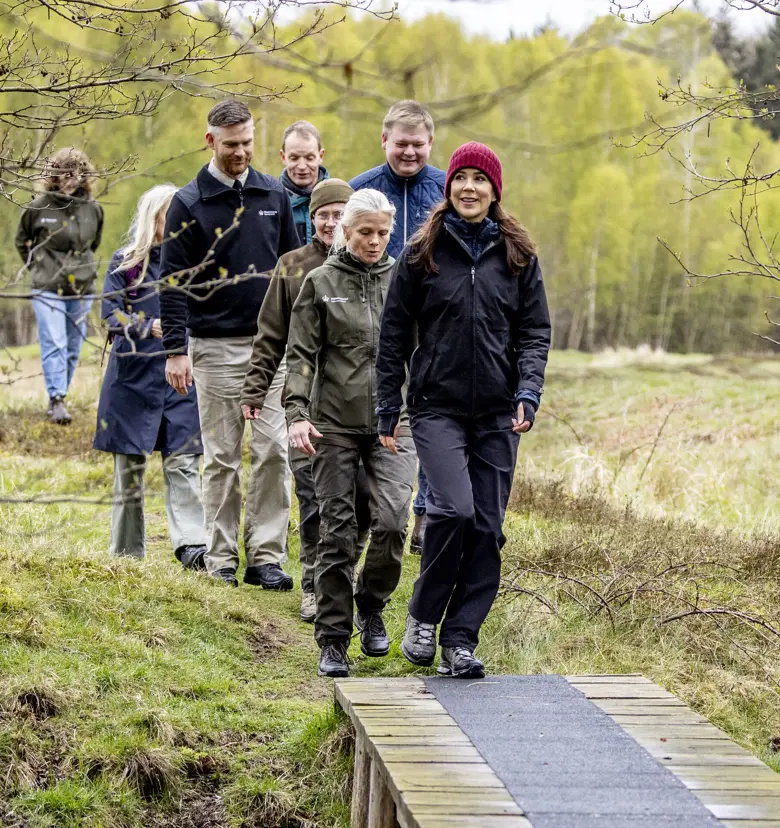Speech by Her Royal Highness the Crown Princess at the UNFPA Side-Event on the Safe Birth Even Here Campaign on 20 September 2016, New York
Offentliggjort den 6. oktober 2016
Executive Director, Excellencies, distinguished guests, ladies and gentlemen.
Today, we are addressing a critical and obvious – however often overlooked - global and humanitarian issue: that women and girls continue to get pregnant and give birth even when emergencies erupt.
It is an honour for me to be here with committed partners in support of the Safe Birth Even Here Campaign. A campaign which offers a concrete opportunity for us all to make sure that we translate our commitments into action.
As this event emphasizes, it takes partnerships – across continents, regions and countries and between the public and private sectors to create ‘real’ change.
Initiated in 2012 by UNFPA, the ‘Safe Birth Even Here’ campaign aims to raise awareness of the high rate of maternal deaths in emergency situations. And it seeks to increase support for services to protect the rights of the women and girls living in humanitarian and fragile settings. The Campaign has recently been energized by the creative talents of Benetton.
Other partners such as Johnson & Johnson and Bayer - some of you are in the room - have also joined and supported the Campaign. I look forward to hearing more about your commitments to maternal health and to the Campaign from the distinguished panelists.
The private sector has a significant role to play. Private businesses can provide innovation, know-how, technology and expertise in a number of areas that are critical to ensuring sustainable development and finding new solutions.
And we need new solutions and action.
Executive Director of UNFPA, Babatunde Osotimehin has rightfully said that “The health and rights of women and adolescents should not be treated like an afterthought in humanitarian response.”
This statement is very true and it is based on some harsh facts;
- Right now, in many humanitarian and fragile situations, we are failing to protect the fundamental human rights of women and girls.
- Women and girls in need of aid because of conflict or disaster and without the protection of family and community are more vulnerable to sexual violence, sexually transmitted diseases and unwanted pregnancies.
- We must recognize that for a woman who is about to give birth, or for the adolescent girl who survived sexual violence, life-saving services are as vital as water, food and shelter.
In May, the first-ever World Humanitarian Summit took place in Istanbul. The spirit of the Summit must be carried on; with you, the private sector, academia, government and other stakeholders so that commitments around maternal health are translated to concrete changes for women and girls in affected areas, all around the world.
We are talking about more than 800 women who die from complications during pregnancy or childbirth, every day. Of these tragedies, more than 500 – almost 2 in 3 - occur in emergency situations.
In 2014, WHO documented that the 10 countries with the highest maternal mortality ratios in the world are affected by, or emerging from, war.
Many complex circumstances and urgent needs arise when a crisis strikes. Health care including skilled birth attendance and emergency obstetric care often become unavailable.
Wherever a humanitarian disaster strikes, women often assume the burden of care for children and others. This makes it even more difficult for them to be able to take proper care of themselves.
Over the last several years, I have visited a number of camps for refugees and internally displaced people.
Different countries, different camps and different reasons for their existence – from Dadaab in Kenya, to Za’atari in Jordan to Say Tha Mar in Myanmar and Tierkidi in Ethiopia.
These visits have left a strong impression on me. I cannot be anything but enormously impressed by the courage, skills and ingenuity of the women and girls I have met even when they live under the most dire circumstances.
I would like to mention two interventions that had a significant impact on the lives of these women and girls.
- In the Za’atari camp in Jordan, I spoke with a couple of heavily pregnant women. They were already mothers and therefore knew all too well the risks associated with childbirth. In Syria, they had given birth in a hospital with their own gynaecologist and midwife. For them, the presence of UNFPA’s reproductive health unit in the Za’atari camp turned their fear and the potential risk associated with giving birth into thankfulness and hope. Today, UNFPA is delivering a larger share of its reproductive health services in crisis settings.
- In Tierkidi, in Ethiopia, I witnessed the distribution of UNFPAs ‘dignity kits’. These kits contain menstrual pads, soap, underwear, as well as other supplies required by circumstances or cultural contexts. The kits do not only enable women to protect their dignity; they also enable women for example during their menstruation to continue to move about and provide water and food for their children.
Experience shows that in crisis, women and girls are not only victims. They can also be leaders and they constitute an important resource to combat the challenges they face.
I have personally witnessed how women are capable of finding innovative ways to cope, how they assume a role to protect and support their families and how they often continue to play pivotal roles in contributing to their local surroundings. We must continue and increase support of this valuable resource.
Whether women live or die in a crisis often depends on whether they can access basic sexual and reproductive health services, which too often takes a back seat to other urgent needs.
We need to build better and more durable protection and support. This includes humanitarian responses that go far beyond the provision of food and shelter, as essential as those things are, and include reproductive health services, access to family planning and protection against gender based violence.
Need is not weakness, need is just need. And the vulnerability to crisis of women and girls is not a sign of weakness but of inequality. Women and girls are powerful. If their needs are met and their rights protected, they can become important agents of change.
Women and girls as an afterthought simply won’t do.
Thank you.



